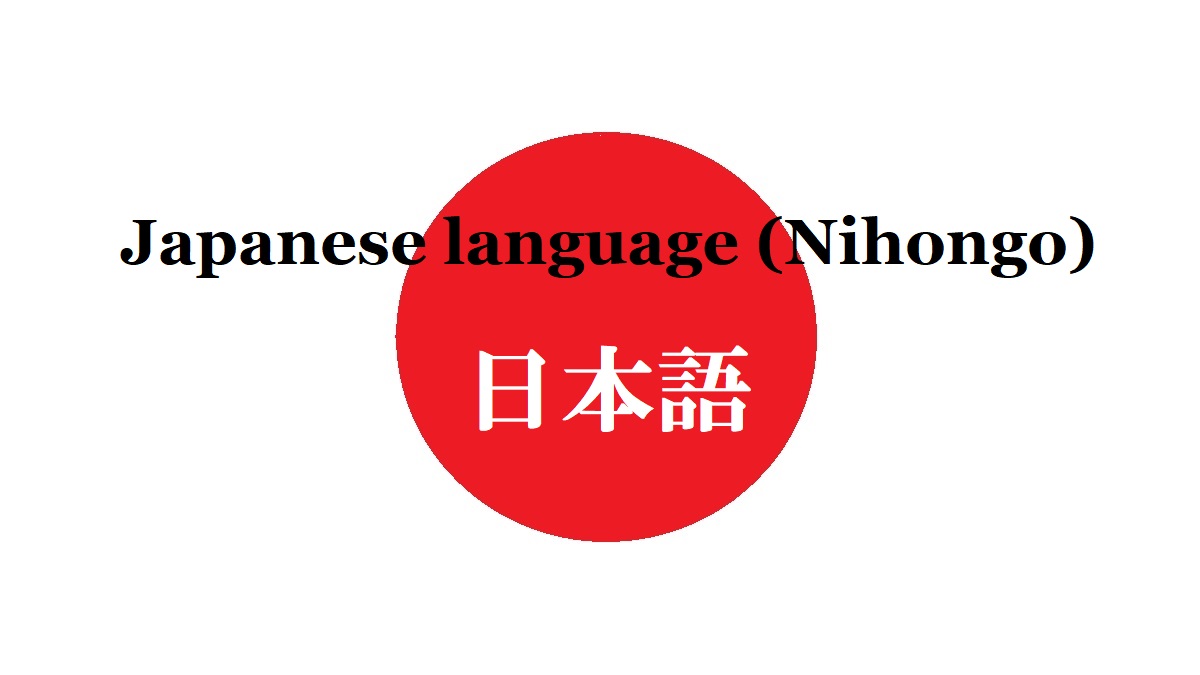[Step.3] Simple adverbial phrases
When we make sentences, adverbs and adverbial phrases meaning the time, the place, the method, etc. are often used.
By using them, the sentence becomes nearly perfect.
You can insert them at the star marks between the sentence elements in below patterns.
In Pattern-B, it isn't inserted between complement and "desu".
They can't be separated grammatically.
Of course, because adverbs and adverbial phrases modify verbs, it is effective to put near verb group.
Basic adverbial phrases using particle
Basic adverbial phrases is also made by using particle like main sentence elements.
- e (へ) : indicates a direction [EX. to Tokyo]
- ni (に) : points at the place where the action completes [EX. at Tokyo station]
- ni (に) : specifies the time when the action completes [EX. at 10 o'clock]
- de (で) : shows the place where an action is done [EX. in Tokyo]
- de (で) : shows a method or tool [EX. by bus, with chopstickes]
- kara (から) : shows the starting point of an action [EX. from Tokyo, from 7:00]
- made (まで) : shows the end point of an action [EX. (from ..) to Kyoto, until 9:00]
(Ex.1) I go to Tokyo.
Like English, verb "go" doesn't have object.
This sentence has only subject and verb.
"To Tokyo" is an adverbial phrase.
I (1st person pronoun) = watashi
go (verb) = iku
The English verb “go” is “iku” in Japanese.
“Iku” is the base form, but it changes to “iki” before “masu”.
(Ex.2) I go to Kyoto by bus.
bus (noun) = basu
(Ex.3) I arrive at Kyoto at 10 o’clock.
arrive (verb) = tsuku. It becomes "tsuki" in front of "masu"
10 o’clock = 10-ji (jûji)
(Ex.4) I eat sushi in Tokyo.
When the action is done in wide area such as town, city or country, "de" is used.
(Ex.5) I eat sushi with chopsticks.
chopsticks (noun) = hashi
(Ex.6) I go from Tokyo to Kyoto by bus.
The position of the phrases is free.
"no" + position + particle
In above section, I showed the most basic adverbial phrases.
But they can't express specific position. (For example, "on", "under", "in front of" in English.)
In Japanese, it is possible for such adverbial phrases to be expressed by the combination of the noun of position and particles in above section.
The form is the following.
(noun, pronoun) + no + (noun of position) + (particle)
"No" (の) is also a particle, and it is the same as "of" in English.
But the position of nouns is inverted in Japanese.
(English) X of Y
(Japanese) Y no X
For example,
(English) in front of X
(Japanese) X no mae ni [front = mae, in = ni]
As the particle at the end of the words, all of "e", "ni", "de", "kara", "made" are OK.
As the words of position, the followings are used.
ue (上) = on, over
shita (下) = under, below
naka (中) = in, inside
soto (外) = out, outside
migi (右) = right
hidari (左) = left
mae (前) = front, before
ushiro (後ろ) = behind
ato (後) = after
tonari (隣) = next
soba (そば) = by, beside
chikaku (近く) = near
aida (間) = between, middle
man-naka (真ん中) = center
hashi (端) = edge
higashi (東) = east
nishi (西) = west
kita (北) = north
minami (南) = south
hajime (始め) = beginning of period
nakagoro (中頃) = middle of period
owari (終わり) = end of period
As above, there are many word. (Of course, there are other words.)
By combining them and "e", "ni", "de", "kara", "made", we can get the richly varied adverbial phrases.
(Ex.7) The bus goes to the front of the hotel.
The destination of the bus is the front of the hotel.
So, "made" is used.
hotel (noun) = hoteru
(Ex.8) There is Kinkakuji temple in the north of Kyoto.
The Japanese verb of existence or location is "aru".
“Aru” is the base form, but it changes to “ari” before “masu”.
Therefore, "kinkakuji" becomes the subject of the sentence.
(Ex.9) I teach her Japanese in Tokyo from the middle of April.
her (3rd person pronoun of feminine gender) = kanojo
Japanese (noun) = nihongo
teach (verb) = oshieru. Before “masu”, “oshieru” changes to “oshie”.
April (noun) = 4-gatsu (Shigatsu)
Of course, adverbs are used
There are many adverbs in Japanese.
You can use them freely.
(Ex.10) I go to Tokyo tomorrow.
tomorrow = asu, ashita
(Ex.11) I go to Tokyo soon.
soon = sugu, suguni
(Ex.12) I surely eat sushi in Tokyo.
surely = kanarazu


